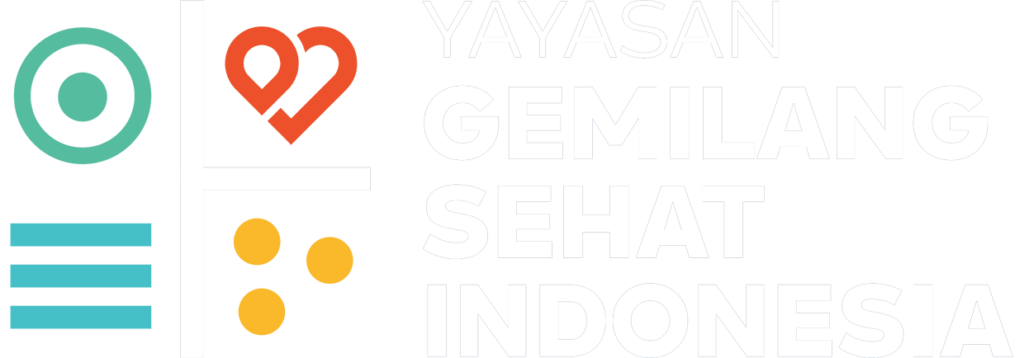1. Background
Since 2016, Rutgers is the lead organisation for Prevention+. Prevention+ is a five-year multi-country programme that addresses the root causes of gender-based violence by focusing on men as agents of change and promoting healthy masculinities based on equality, caregiving, and non-violence. Prevention+ is funded by the Dutch Ministry of Foreign Affairs, and is being carried out in Indonesia, Pakistan, Uganda, Rwanda and MENA countries. Prevention+ is funded under the FLOW (Female Leadership of Women) budget and runs from 2016-2020. More detail of Prevention+ programme can be downloaded on https://www.rutgers.international/programmes/prevention-programme.
Prevention+ has now reached its half-way mark and requires a Mid Term Evaluation (MTR) to take place in Indonesia that will assess the achievements thus far, and the contribution that Prevention+ Indonesia has made to reach those achievements. For this purpose, the Rutgers Indonesia is looking for engaging consultant(s) to conduct the MTR as per following Terms of Reference.
2. Objectives of the MTR Indonesia
During the first semester of 2018 a mid-term review (MTR) of the Prevention+ programme in Indonesia will be conducted in order to provide insight into the progress of and to inform the strategic decisions on the way forward in the remaining two years of the Prevention+ programme. The review will pave the way for improved programme delivery for the remaining duration and will propose amendments and recommendations in programme design, implementation arrangements and/or institutional linkages in order to effectively and sustainability contribute to the objectives of the Prevention+. The MTR is an opportunity to build on the Prevention+ Indonesia programme’s existing monitoring and evaluation plans, to review the Theory of Change and main assumptions in the original and country proposal.
The mid-term review needs to answer the overall guiding question:
• In the remaining life of the Prevention+ programme, what changes should be made to the programme design and implementation to maximize the programme’s expected impact and outcomes by end 2020.
The MTR needs to address the following objectives:
• To assess country programme progress and gaps towards the achievement of the 5-year goals and targets and reflect on assumptions in the country Theory of Change (TOC).
• To inform country programme 2019-2020 planning by illuminating aspects of the programme that may be underperforming or lagging behind, and opportunities to build on existing achievements. For example, the MTR findings may demonstrate that an intervention is not effective at achieving specific outcomes, and the partner may decide to adapt or redesign the intervention.
• To gather information to assess and strengthen country programme strategies for sustainability, institutionalization and scale-up.
The mid-term review Indonesia will assess the following areas:
• The country programme progress, strengths, weaknesses, including:
o Progress towards achieving outputs
o Progress towards achieving outcomes
o Progress towards sustainability, institutionalization and/or scale-up
• Assessment of financial expenditure
3. Key Focus Areas
The MTR will assess the Prevention+ Indonesia according to standard evaluation criteria, as elaborated below:
Relevance:
i. Assess the contribution of the programme towards the achievement of holistic manner reflecting the socio-ecological model (linking individual/relationship, community, institutional, and government levels)
ii. Analyze whether the programme’s community-based approach addresses the needs and demands of the beneficiaries in a disaggregated manner (for men and women), and the community response.
iii. Assess the relevance and effect of technical assistance and capacity building given to the community members.
Effectiveness
iv. Review whether the programme has accomplished its outputs. In particular the mission should review:
a. Area selection criteria and its implementation
b. Targeting strategy for the identification of programme beneficiaries including both men and women.
c. Any emerging effect of the programme on beneficiaries including both men and women.
v. Assess the performance of the programme so far with particular reference to qualitative and quantitative achievements of outputs and targets as defined in the programme documents and work-plans and with reference to the programme baseline
vi. Assess the effectiveness of the cost sharing arrangements:
o Between the programme and beneficiary communities
o Between the Government of Indonesia and Rutgers
vii. Based on the progress so far and ground situations, suggest / recommend any changes to the above cost-sharing arrangements
Efficiency
viii. Assess whether the programme has utilized programme funding as per the agreed work plan to achieve the programme targets.
ix. Assess the qualitative and quantitative aspects of management and other inputs (such as equipment, monitoring and review and other technical assistance and budgetary inputs) provided by the programme vis-à-vis achievement of outputs and targets.
x. Identify factors and constraints which have affected programme implementation including technical, managerial, organizational, institutional and socio-economic policy issues in addition to other external factors unforeseen during the programme design.
Sustainability and Impact
xi. Assess preliminary indications of the degree to which the programme results are likely to be sustainable beyond the programme’s lifetime (both at the community and government level), and provide recommendations for strengthening sustainability.
xii. Assess the sustainability of the programme interventions in terms of their effect on male involvement and women empowerment
Network /linkages
xiii. Evaluate the level, degree and representation by the beneficiaries and stakeholders, (government and partners etc.) in the implementation of the programme (with particular attention to the development, testing of community-based approaches towards assets creation and diversification, especially for women and accessing technical assistance inputs outside the programme).
xiv. Assess the programme’s knowledge management strategy and outreach and communications to all stakeholders.
Lessons learnt/ Conclusions
xv. Analyze areas for improved program planning, especially with respect to setting targets, relevance and capacity of institutions for programme decision making and delivery.
xvi. Identify significant lessons or conclusions which can be drawn from the programme in terms of effectiveness, efficiency, sustainability and networking. Special attention may be given to the security situation and the coping strategies developed by the program to maintain work momentum.
4. Outputs – Deliverables
The Mission’s findings and recommendations will be thoroughly discussed with the Rutgers Indonesia and program partners during and also at the end of the MTR. The Mission will complete and submit a draft final report in Bahasa Indonesia and English. The Mission Leader will finalize the report in the light of comments/suggestions of stakeholders. The key outputs of the MTR are:
(a) Inception Report: consisting of tools/instrument that will be used in data collection, data collection plan, analysis plan, and report outline format;
(b) First draft of report: consisting of key finding from desk review, In-depth interview, and review session (including preliminary recommendations) at national level;
(c) Second draft of report: consisting of consisting of key finding from desk review, In-depth interview, and review session (including preliminary recommendations) at Provincial/District Level, including analysis result of whole findings and plan of analysis of financial aspects of the program;
(d) Final Reports: covers the whole of findings, analysis, conclusion and recommendation that refer to guiding questions and objective of MTR. This also include annexes of changes of the program documents to provide clear understanding of program progress.
The report should be in English, logically structured, contain evidence-based findings, conclusions, lessons and recommendations, and should be free of information that is not relevant to the overall analysis. The report should respond in detail to the key focus areas described above. It should include a set of specific recommendations formulated for the program, and identify the necessary actions required to be undertaken, who should undertake those and possible time-lines (if any). Program stakeholders will provide comments on the Draft Report, and the Mission will finalize the report in view of these comments.
For presenting and discussing the draft final report interactively, the consultants will facilitate a one-day concluding workshop for the program stakeholders.
5. Background Documents
o Program Document
o Outcome measurement framework
o Outcome measurement result of some indicators
o Financial report of program activity
o Concept of MTR developed by Rutgers NL and Indonesia
o Program Annual Progress Reports 2016 and 2017 (quantitative and narrative)
6. Consultants
Rutgers Indonesia would like to contract a team of consultants (with one lead consultant), each of the consultants with at least 8 years of humanitarian aid experience related to gender, gender equality, male involvement, women’s economic empowerment, community-based programming, with excellent understanding of monitoring and evaluation frameworks and flow respectively.
The full team should together have experience and expertise in the following areas:
• Evaluation expertise of complex multi-partner programmes;
• Evaluation and subject matter expertise in evaluating activities related to gender equality, male involvement, women’s economic empowerment, and community-based programming approaches;
• Track record of evaluations in South/Southeast Asia
• Experience with both qualitative as well as quantitative evaluation methods (especially with regard to the capacity to conduct complex in-depth review sessions with selected target groups).
• Perfect English language skills.
7. Methodology
The mission will adopt a consultative and participative approach. This will include field visits to program sites and meetings with communities/program direct beneficiaries/government bodies at district/provincial/national level. The program sites include Yogyakarta, Lampung, and Jakarta to collect first-hand information . The MTR will start with a meeting at Rutgers Country Office and conclude with a debriefing meeting with Rutgers and other program partners.
8. Proposal Submission


